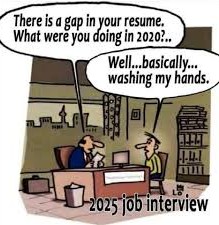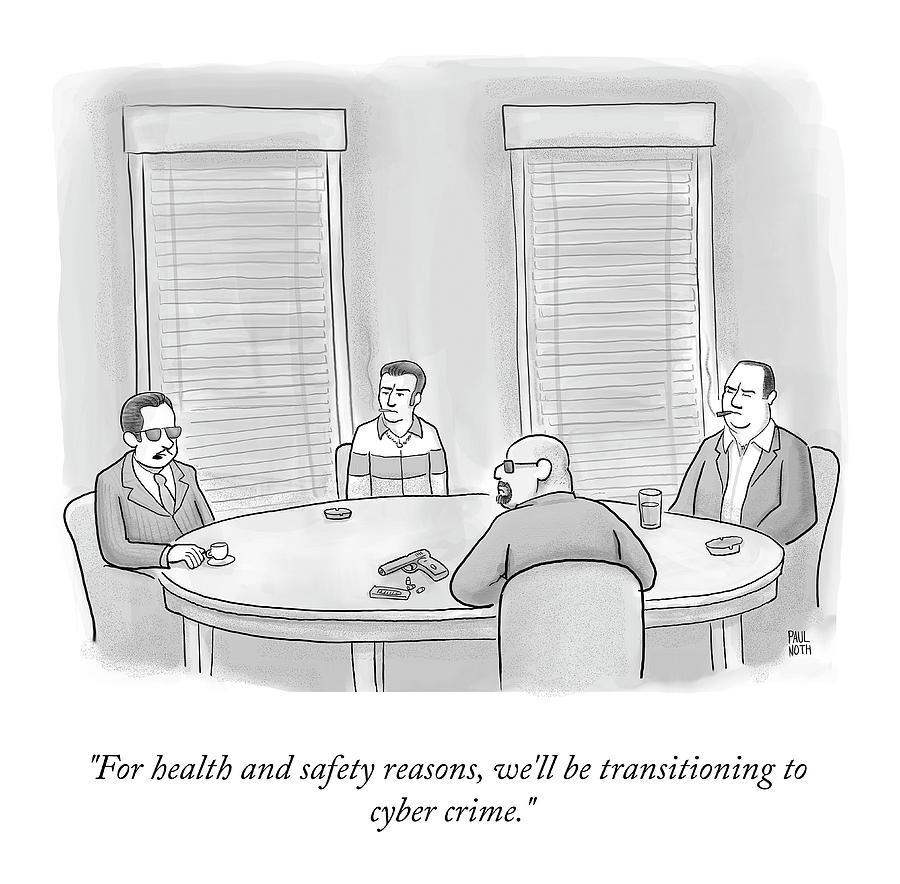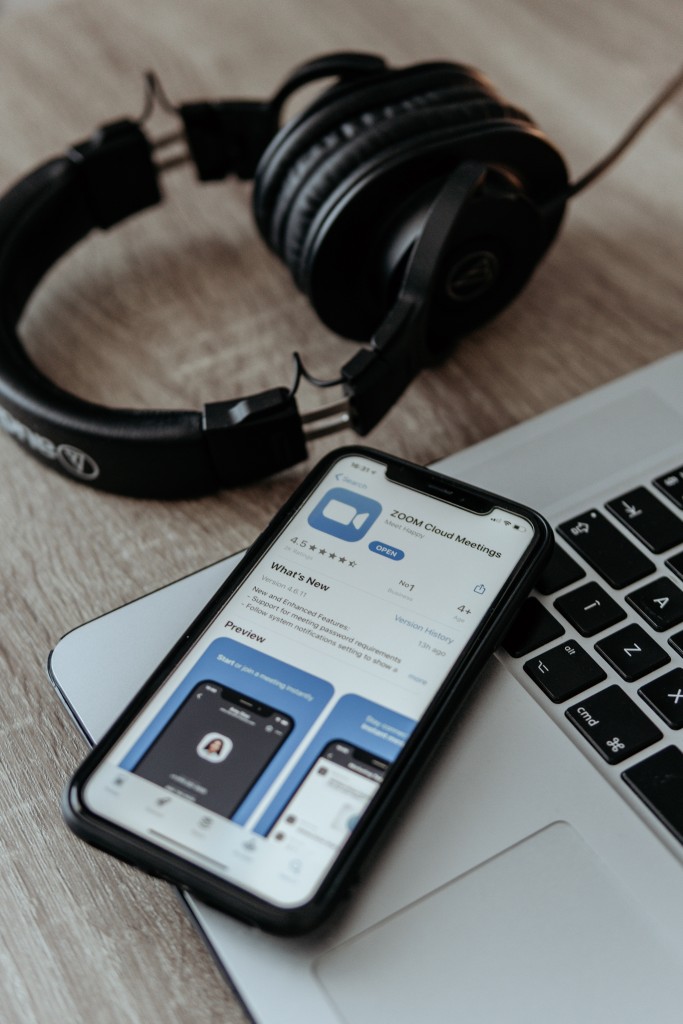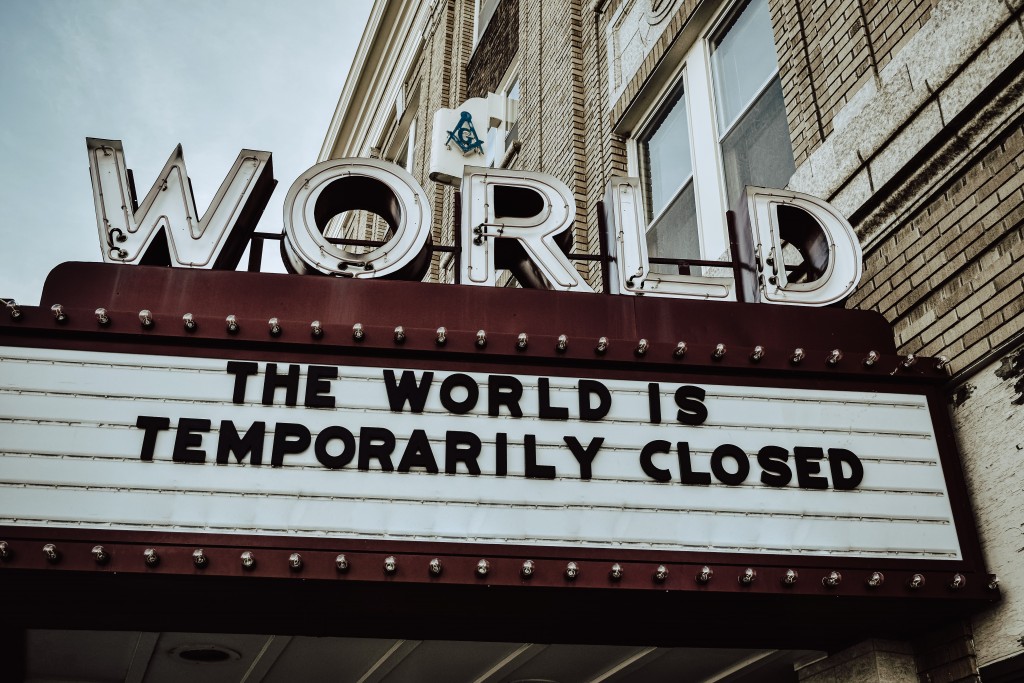By many people’s accounts, my lifestyle would seem quite exciting and adventurous. As an American ex-pat living in Spain, I have had the privilege, and good fortune, of visiting dozens of countries including Poland, Morocco, and most recently Denmark. I have immersed myself within many aspects of Spanish culture from the language to the high-quality yet very affordable wine. I have even strived to embrace the Spanish mentality of “no pasa nada” despite being too American to do so.
Less apparent is the financial vulnerability I have faced as a foreign national, limited by visa restrictions, in a country with notoriously low salaries and formidable bureaucratic procedures. My response to this was to become registered as autónomo (freelance or self-employed) which enables me to directly engage customers and offer services at a higher rate. Other advantages include a sense of being “the master of one’s destiny”; an indispensable degree of autonomy for any foreign national navigating the Spanish and greater European employment markets.
Though Spain is known for providing better worker protections in comparison to the United States, some benefits are not accessible to me as a freelancer, and the fees and taxes required are quite high. Nonetheless, I am very grateful. As a Native English speaker in a country where services in English are in demand, I have been afforded many privileges on my path to Spanish residency.
How COVID-19 Has Affected My Business So Far
Recently, one of my clients informed me my billable hours were being dramatically reduced and would remain so for the foreseeable future. Needless to say, this caused me some apprehension. I immediately began to reminiscent about the 2008 crisis and the pain of multiple job losses I suffered as a result.
The possibility of experiencing that level of financial insecurity again honestly scares me. However, I believe that when you have little to no control over circumstances, you must exert control over how you react; pulling lessons from past experience to find solutions.
Ironically, my background as a former employment recruiter seems more relevant to me now than ever. And even as multiple countries, the US and Spain included, have promised sweeping economic measures, being proactive right now, on the individual level, is all the more important. That way, when this crisis ends, and it will, you can remain economically solvent.
Strategize Now. Take Action Later.

In the current economic climate, contemplating strategies around employment may seem impractical… even ridiculous. In March, the highest number of initial jobless claims in US history, a staggering 3.3 million, was recorded. Now that total is at 30 million.
Phenomena like this are occurring world-wide and show little to no sign of slowing down. As the global economy continues to contract due to COVID-19, you may find, based on your circumstances, that the time to take action might not be now. However, consider this: While the Flu Pandemic of 1918 resulted in a deep recession in the United States it only lasted for 7 months; much shorter than the average recession.
The Post-COVID-19 economy is coming. Experts can predict what it will look like, but no one honestly knows. The economic disruption we are now seeing is different from anything we have ever experienced before. The most fundamental question you should be asking yourself right now is what can you do to prepare for it. Here are 3 strategies you can do to prepare for the Post-Covid-19 economy right now.
Number 1: Change Your Mentality Around How You Do What You Do.
Considering how fast the world is changing, discovering where your skills will be needed, even if you have already lost your job, is crucial. Where will your skill-set fit in this new economy, and how can you as a professional adapt or refocus what you have been doing? They say “you can’t teach an old dog new tricks”, but what about teaching that dog the same tricks but in a new way.
 As a content generator, I have had to ask myself these questions. Although I believe, post-Covid-19, content will continue to be king, strategizing about how to refocus has been uncomfortable. When I first launched my business, I envisioned generating broad content around digital transformation technologies. However, the global surge in demand for teleservices, due to social distancing, has encouraged me to narrow the focus of my content…at least for now.
As a content generator, I have had to ask myself these questions. Although I believe, post-Covid-19, content will continue to be king, strategizing about how to refocus has been uncomfortable. When I first launched my business, I envisioned generating broad content around digital transformation technologies. However, the global surge in demand for teleservices, due to social distancing, has encouraged me to narrow the focus of my content…at least for now.
Back in March, my newsfeed was flooded with articles of how China’s lockdown sparked the biggest telecommuting experiment in history, and of how Zoom was experiencing “massive overnight success” in the wake of the pandemic.

Focusing the content I generate on the growing global demand for teleservices may seem obvious. However, in the media, there have been inspiring stories of people around the world using this strategy in very surprising ways. Learn about the cowboy museum guard using wholesome humor, a lack of social media savvy, and his knowledge of the American West to wrangle a viral new career during the museum’s closure due to COVID-19.
So how did the cowboy museum guard “change his mentality” around how he does what he does? The short answer is transferable skills. By using soft skills he already possessed, he was able to connect with a much wider audience through a new medium (social media) by creating incredibly engaging content based on his knowledge of exhibits in the museum.
No matter who you are or what you do you possess skills that can be utilized within a variety of jobs and industries. They have been developed over the life of your career, regardless of your level, and they are highly sought after by employers. These transferable skills are a fundamental part of your unique professional blueprint, and they help to make you who you are as an employee.
Strategy Tip #1: Create an inventory of your transferable skills.
When interviewing, give an example of a transferable skill you possess then detail how it would increase productivity or mitigate risk in the role you are interviewing for.
Number 2: Change Your Mentality around Working Remotely.

If you have never seriously considered working remotely now is the time. A global shift in the way we think about telework is taking place, and it will remain with us long after the pandemic ends. “Adapt right now or die” is the new business catchphrase of the day as government-mandated lockdowns and quarantines around the world have sent workers scrambling to set up best practices from their living rooms and home offices. Even staunch opponents of allowing employees to work from home have had to acquiesce. And businesses that continue to resist the wave of change are facing immediate backlash.
To Telework Where No One Has Teleworked Before.
While the correlation between telework and roles like content generation is clear, shifting the paradigm in other types of jobs is a bit more challenging. Everyone is familiar with the concept of a televangelist, but what about a “telepriest”? In Italy, a priest accidentally turned on face filters while trying to live-stream a mass with the resulting video going viral. Public school teachers who have never taught online are now being tasked with teaching exclusively through videoconferencing software like Zoom and Microsoft Teams. Even the fitness industry is reinventing itself, as brick and mortar facilities are now offering their fitness programs to clients online.

From the Workshop to the Chat Room.
One of my clients, an English language workshop, has had to reinvent its business model overnight. Before the pandemic, sessions included highly kinesthetic group activities and games conducted in-house. Since moving online, they have faced a host of challenges from adapting how content is presented to students to implementing video conferencing tools at breakneck speed. No one ever imagined conducting sessions exclusively in an online format. Yet, despite the many challenges, customer retention is up as more online sessions are being added. Not surprisingly, the owner has expressed that this may result in a new revenue stream for the business post- COVID-19.
This is not an anomaly. Many business owners have already begun to accept there will be a continued need for their employees to work remotely within the irrevocably altered market landscape of their respective industries. Jobs once considered not viable as remote opportunities became so in response to the pandemic, and ultimately, many of these roles will remain so long after it ends.
Strategy Tip #2: Consider remote opportunities to increase your prospects.
Can your job be done remotely, and if not what transferable skills do you possess to help you find one that can be? This approach when seeking new opportunities may be one of the ways to fit your skillset into the new economy which will be even further unlimited by geography out of necessity.

Number 3: Change Your Mentality Around Taking Risks
As a recruiter, I often encouraged apprehensive job seekers to take a more active, dynamic approach to their career search. I used to say that throwing a bunch of generic resumes against a wall hoping one would stick was ineffective, and most certainly would not yield results during the then worst recession since the Great Depression in US history. That was in the mid-2000s, fast-forward to today and the Great Recession looks like a cakewalk. According to some experts, this global economic downturn is closer to that of the Great Depression, and we are nowhere near to Post-Covid-19. Right now may feel like the absolute worst time to change your mentality around taking risks but, in my humble opinion, doing so is necessary to survive.

There is No Status Quo.
Any risk-adverse business professionals attempting to lie low to maintain some semblance of the status quo are living under a rock. There is no status quo because it no longer exists. The level of change that has taken place on a global scale within the past six months is comparable to the outbreaks of WWI and WWII. Everything has changed. Even industries that have always been viewed as infallible, have been rocked by this pandemic.
Conventional wisdom would say this is the time to revamp your resume, update your LinkedIn profile, and use your time in quarantine to pick up new skills. By all means, please do but do not rely on these things alone. Contemplating how your skill set will fit within this new economic reality may be uncomfortable. Actively pursuing remote opportunities in your field, especially if you have never done so before, maybe unconventional, but all of this is necessary. You must be willing to rely on your transferable skills and embrace teleservices technology if you hope to exert any control and not end up like a pebble washed up aimlessly upon the shore.



2 Comments
Carolina
Loved it! Food for thought.